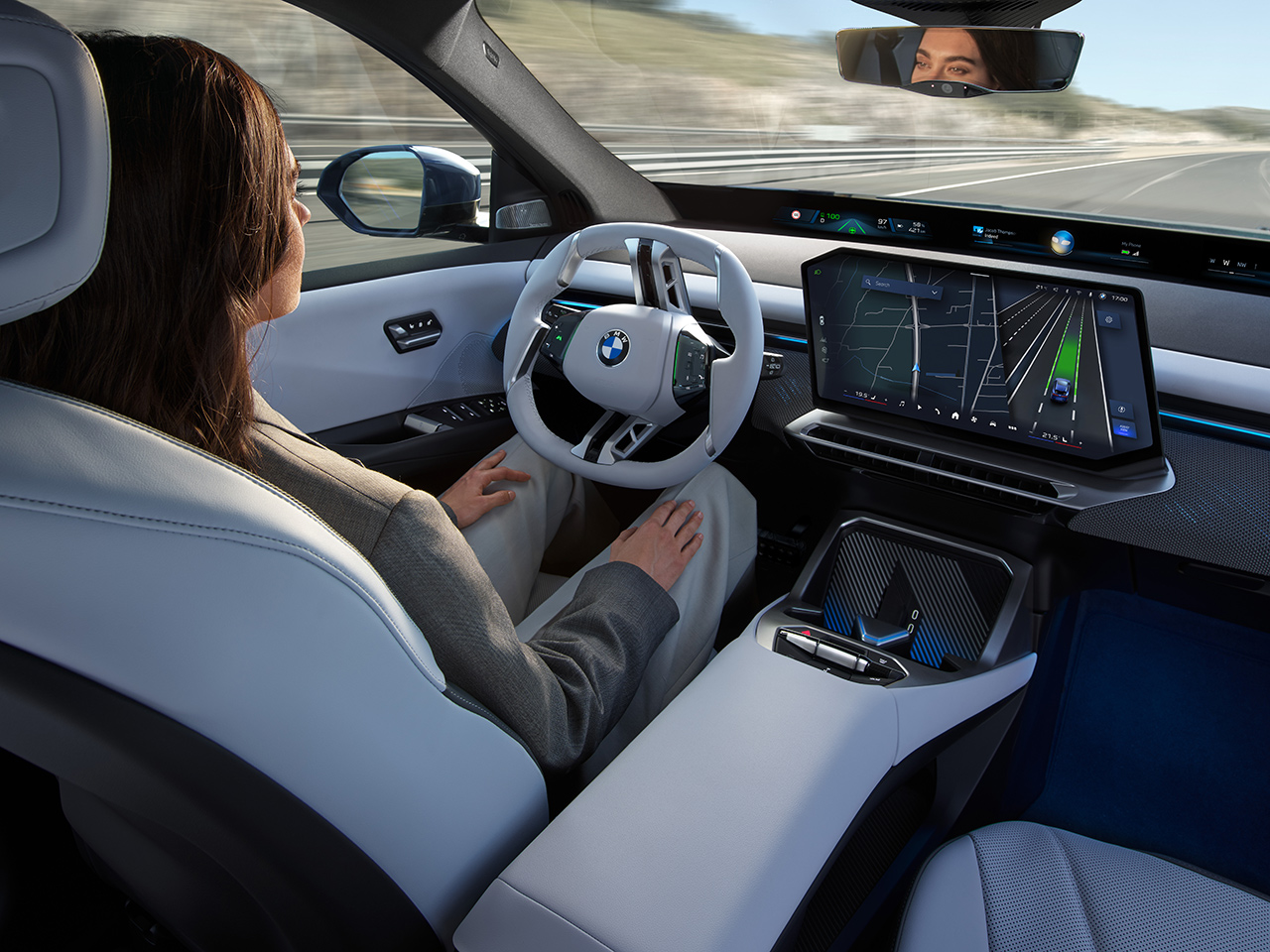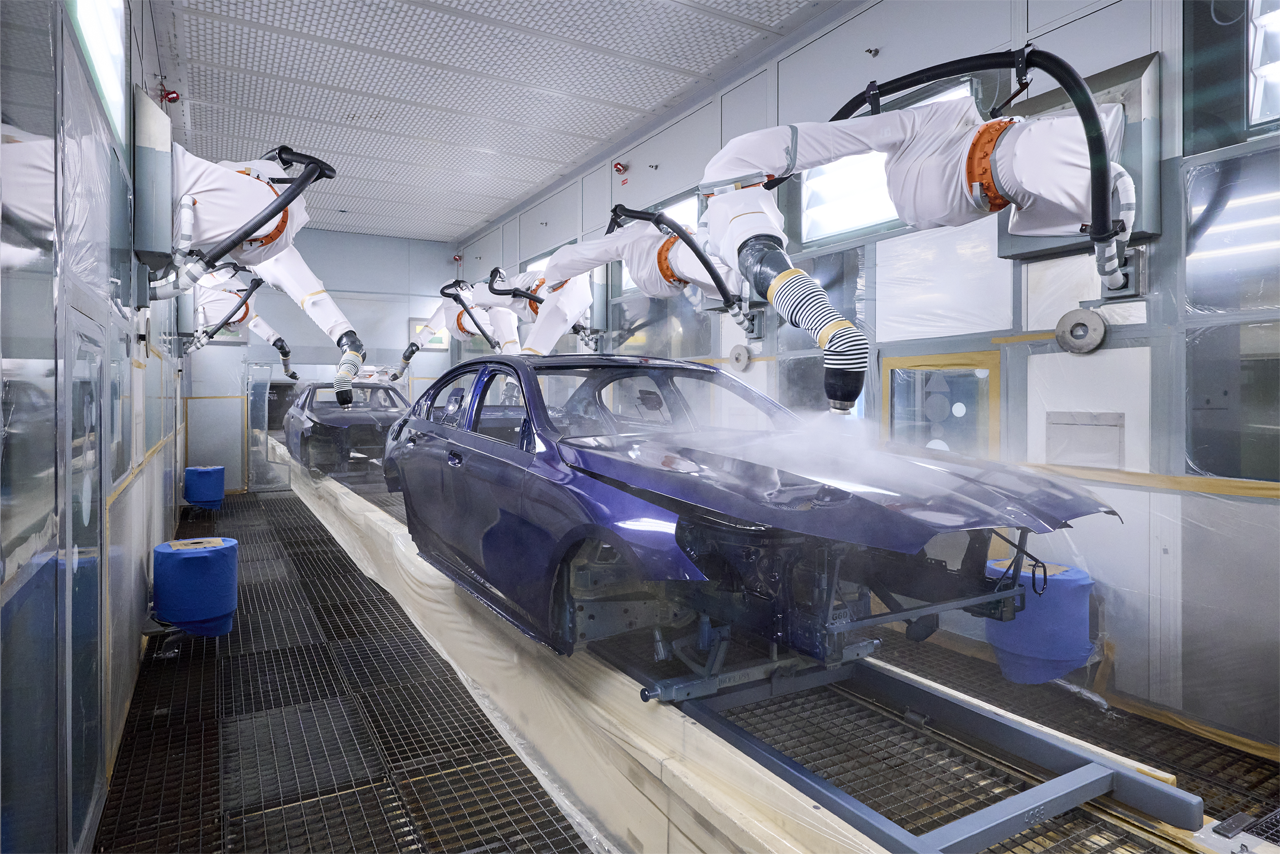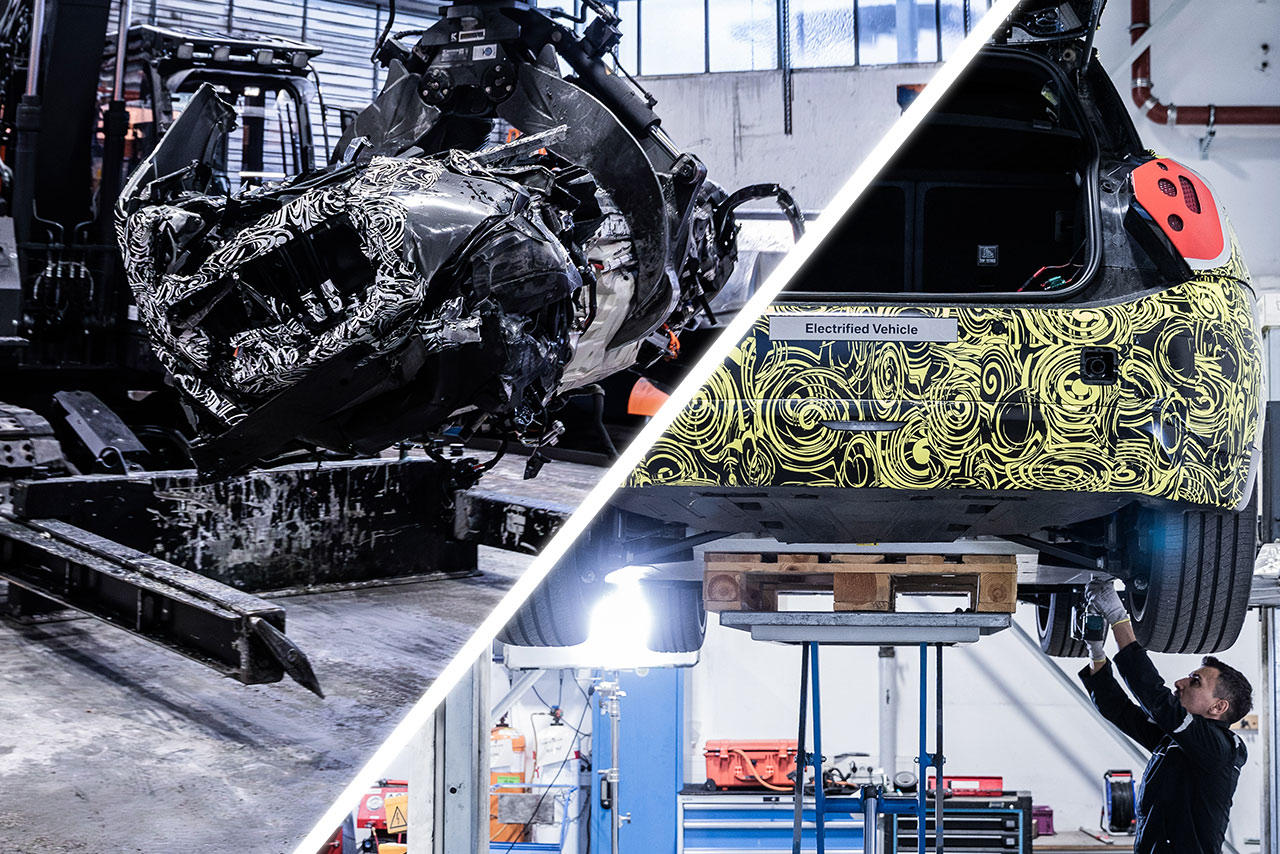A study conducted by the University of California and the BMW Group on the development of climate-friendly vehicle fleets in California shows that the adoption of electric mobility is hesitant but sustainable.
A rapid adoption of electric mobility can be boosted above all by taking two different approaches: Firstly, by examples that reduce any reluctance to transition that may exist and, secondly, through the positive experiences drivers have with their electrically powered cars. Both approaches can be achieved, inter alia, through the expansion of fleets: If communities, institutions or companies provide an increased number of electric vehicles in their fleets, this will have a signalling effect.
This is one of the fundamental aspects that can be deduced from the now published results of a research project: In a study pertaining to the introduction of electric vehicles to fleets, scientists at the Institute for Transportation Studies at the University of California at the Davis location (UC Davis) and the innovation powerhouse, the BMW Group Technology Office in California, examined in detail the application, problematic issues, difficulties and potential of an increasingly electrified vehicle fleet.
For the analysis, they had during recent years taken, among other things, a closer look at the situation with various vehicle fleets in the State of California and analysed the development based on real-life test scenarios. For this purpose, the BMW Group provided the UC Davis fleet, inter alia, with second-hand BMW i3s (second-hand because fleet operators often consider it more advisable to initially expand their own vehicle fleet with cheaper, used vehicles.) In addition, there were informational events, training courses and driver training sessions.
One of the aspects also examined was which of three application types (hourly rental, daily rental or regular use of a fleet vehicle) was most frequently in demand and used, and which conclusions could be drawn, for example, in terms of the demand for electric vehicles, warranty, data security or charging cycles. Moreover, interviews and statistics were conducted dealing with the difficulties providers and fleet managers see with the integration of electric vehicles.
The results are decisive, because fleets verifiably assume an exemplary role and could inspire users to rather opt for the environmentally friendly alternative when choosing their next car.
This is also shown by a survey amongst users: “Renting a BMW i3 motivates drivers to speak with their friends, their families and colleagues about their positive experiences,” the study summarises.
The knowledge gained is most promising: For example, an increasing number of fleet managers in California report on positive experiences with electric vehicles. And they are either starting to electrify their fleets or continuing with electrification. According to the study, low maintenance and operating costs are the predominant reason for this. Additional factors are fundamental considerations: For example, an increase in electric vehicles offers potential for power supply management with profitable benefits for fleet operators. And it contributes towards achieving individual and legal sustainability goals.
















